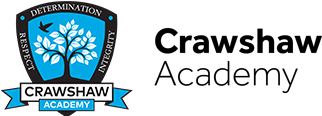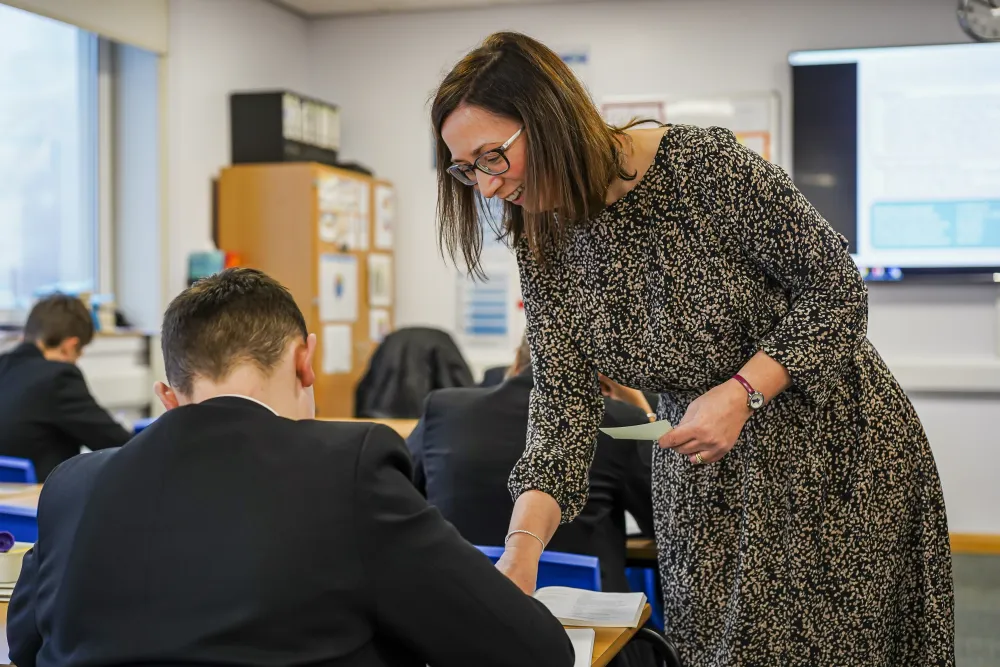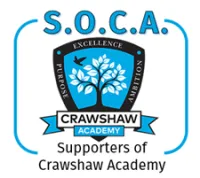To complement the curriculum, subject teams have developed models of assessment and progression clearly indicating the yearly expectations of progress for students with different prior attainment or ability. This approach enables judgements about attainment and progress to be made throughout KS3 and identifies next steps.
In the EBacc subjects, a comprehensive suite of assessments is undertaken in year 7 to establish a baseline in each subject and set aspirational subject targets. We use this data to place students on an Expected Attainment Pathway in the form of four bands:
- Excelling – work shows a deep understanding of the material covered and well-developed disciplinary knowledge. This band is indicative of a student who could go on to get GCSE grade 7-9, if they continue to progress as expected.
- Secure – work reflects a good understanding of the material covered and associated disciplinary knowledge needed for a subject. This band is indicative of a student who could go on to secure GCSE grade 5 to 6, if they continue to progress as expected.
- Developing – work reflects a reasonable understanding of the material covered and some of the disciplinary knowledge needed for a subject. This band is indicative of a student who could go on to secure GCSE grade 3 to 4, if they continue to progress as expected.
- Emerging – work reflects a basic understanding of the material covered and the associated disciplinary knowledge needed for a subject. This band is indicative of a student who could go on to secure GCSE grade 1 to 2, if they continue to progress as expected.
A range of formal assessments are used to place students into the best fit banding at each monitoring point. Remaining on the same pathway indicates a student is making expected progress through the curriculum.
The descriptors for each band reflect an increase in demand, in line with the progression we would expect throughout Key Stage 3 for students accessing our curriculum. These descriptors are presented in the form of subject assessment and progression grids to support students, parents, and carers in identifying the next steps to maintain or improve current attainment and progress.

















